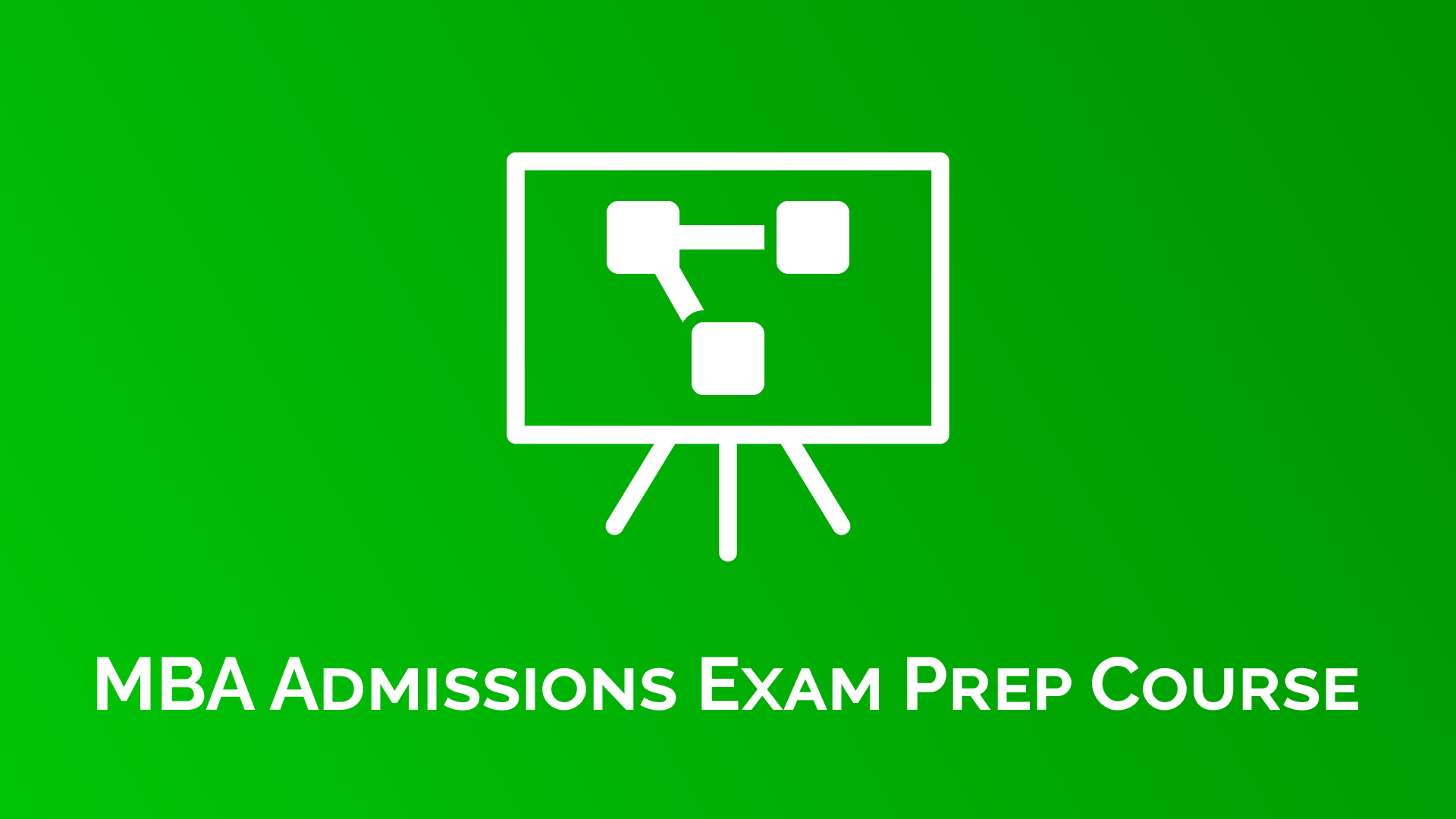
Welcome to the pre-MBA program! To set you up for success on the MBA Entrance Exam we have created this course for you to complete to put you in the best position to succeed. The course covers learning outcomes that are assessed on the Entrance Exam and includes end of unit assessments (quizzes) plus a practice exam to complete before you attempt the proctored entrance exam.
When someone says their "strategy" in basketball is simply to win, they're not describing a strategy. A strategy is a deliberate, goal-oriented plan of action. For example, a more accurate basketball strategy might be: "I will apply defensive pressure to force turnovers and capitalize on the opponent's mistakes to increase our chances of winning." Strategy begins with clearly defining your goals; only then can you create a plan to achieve them.
In business, strategy operates much like in sports, politics, or even warfare. Many early business strategists studied military strategy to gain insights into competition and tactics. While the science of strategy has evolved, the core idea remains: success requires a thoughtful, intentional approach.
Strategic management is setting goals, analyzing the environment, formulating strategies, and implementing them effectively. It starts with defining an organization's mission, purpose, and future direction. From there, the process includes conducting internal and external analyses (like SWOT or PESTLE), identifying opportunities and threats, and crafting strategies that align with the organization's strengths and values. Once developed, strategies must be executed, monitored, and refined based on performance and changing conditions.
For instance, if a company sets a goal to increase sales by 50% in three years, the real challenge lies in determining how to reach that goal. Will it lower prices, acquire a competitor, expand into new markets, or pursue a different path entirely? And if lowering prices is the chosen strategy, how will the company maintain profitability? These are the types of critical questions that strategic managers must answer.
This course serves as the capstone of the Saylor Academy Business Administration program because it integrates concepts from all previous courses. If you've completed those, much of the content will be familiar, but you'll learn to connect the dots and apply that knowledge strategically here. The course begins by defining strategy, then moves through each component of the strategic process: establishing mission and values, conducting internal and external analyses, developing a competitive advantage, crafting strategies, and finally, implementing and monitoring them. It also covers important considerations like leadership, ethics, and adaptability. By the end, you'll have a comprehensive understanding of thinking strategically and leading effectively in dynamic business environments.
- Unit 1: Introduction to Strategy
- Unit 2: Strategic Planning Process
- Unit 3: Strategy Development and Creating Competitive Advantage
- Unit 4: Executing Strategy
- Unit 5: Factors to a Successful Strategy
- Define strategy and the various types of market structures;
- Apply appropriate tools to diagnose internal and external factors facing organizations;
- Describe tools used for strategy development;
- Explain the most commonly used methods for strategy execution;
- Apply various business concepts to formulation and execution of business strategy; and
- Use strategic management theory and concepts to explain competitive advantage in the era of globalization.